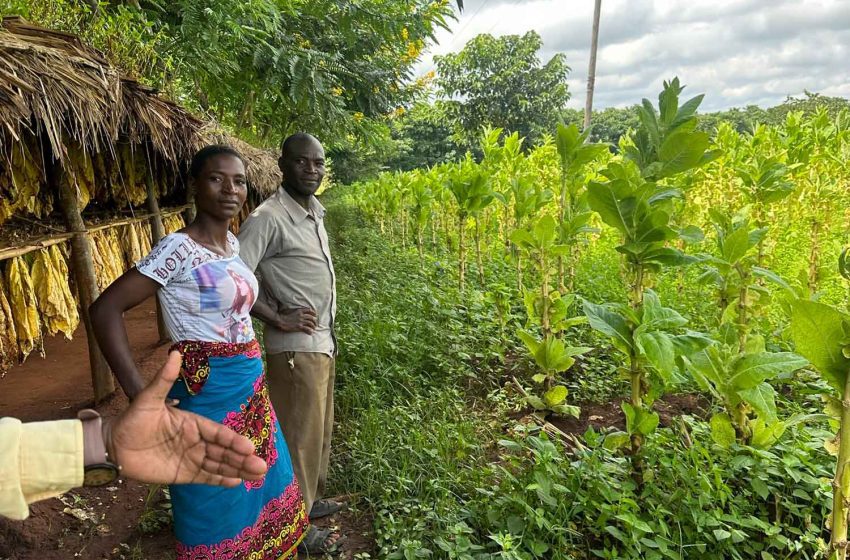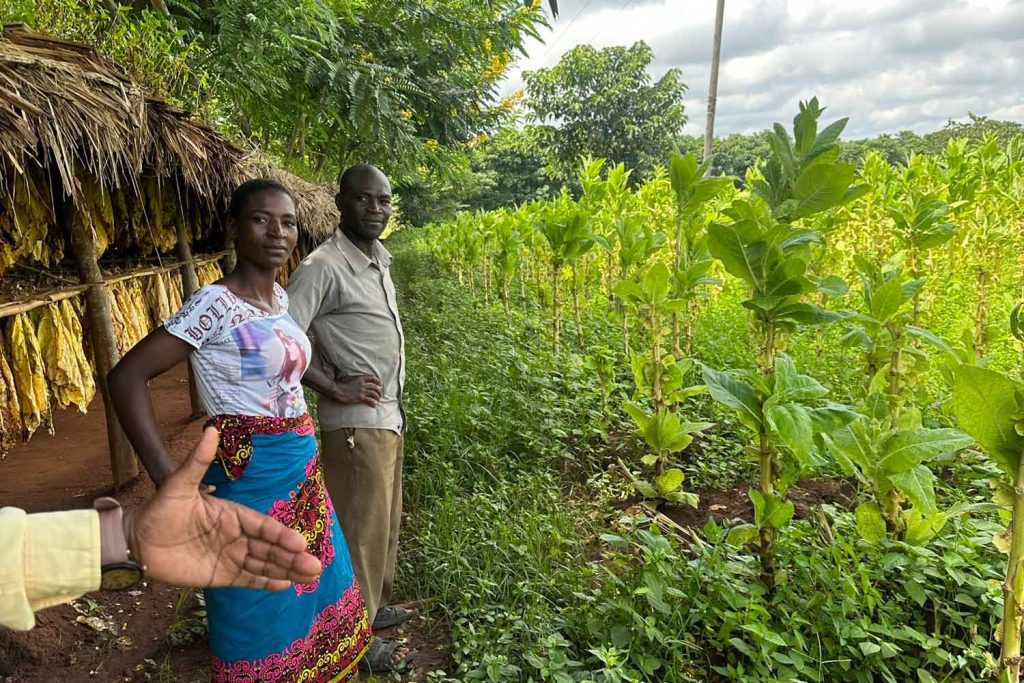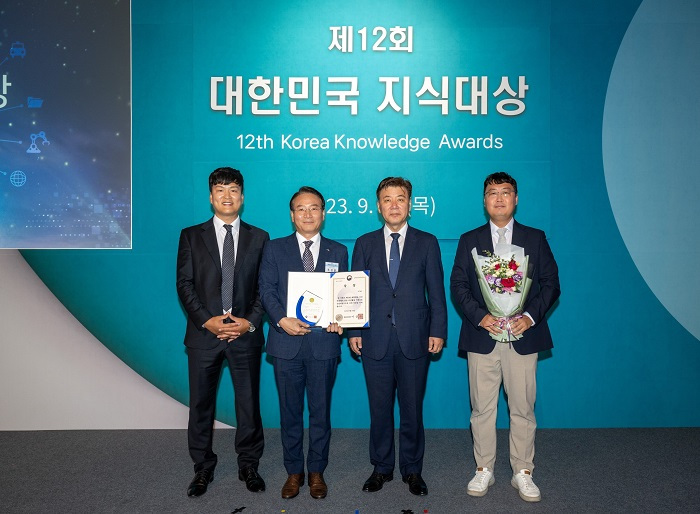Malawi’s government has committed to ensuring that there is “decent work” for tobacco sector employees, according to Malawi24.com.
Hlalerwayo Kelvin Nyangulu, labor commissioner, made the statements during a workshop on strengthening knowledge of labor laws, issues and compliance. “In 2021, the employment act was amended, and we actually abolished tenants labor in Malawi,” Nyangulu said. “So, (the) government is really committed to ensure that we have decent work in the tobacco sector.
“What is important now is that a decision has been made, a law has been enacted, so what is happening is that as I speak, tenants labor is abolished in Malawi. As you may know, tenants labor was providing fertile ground for child labor; it was also providing fertile ground for forced labor; now that it is abolished, that’s why we are talking about developing standard contracts that will define the relationship between employer and the worker in the tobacco sector,” said Nyangulu.
Currently, the push is for tobacco workers to be paid monthly wages, according to Nyangulu. “You see, tobacco is produced by smallholder farmers and large estate owners. We have seen that some farmers are complaining that they cannot afford to pay the monthly wages, but since we have the law, we just need to find ways how these farmers can be empowered so that they comply with the law.”
“What has prompted us to do this is that as ECAM [Employers Consultative Association of Malawi] under ILO, we carried out a training needs assessment, and one of the things that was highlighted there was that many companies or personnel companies are not aware of international labor standards,” said George Khaki, executive director of ECAM. “Actually, it was 62 percent of them who indicated that they were not aware of international labor standards.”
“So we thought this was a good platform for us to bring the knowledge on international labor standards today, but we are also trying to promote the use of standard contracts; we know that tenants labor was abolished in 2021 in the employment act, which means there will be normal employment relationship for players in the tobacco (sector), and to facilitate that, we are developing a standard contract that can be adopted and be used by the majority of players that do not have capability to develop contrasts,” said Khaki.



















